Farouk El Baz
2020-11-12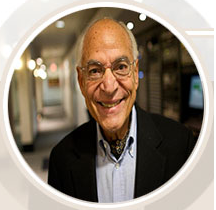 |
Farouk El-Baz, Egyptian-American scientist, is a graduate of Ain Shams University, which has made significant contributions to planning for the moon exploration.
He was born in a simple family in Zagazig city. He received his bachelor's degree from the Faculty of Science (Chemistry-Geology) in 1958, Ain Shams University, Egypt.
He received his Master's Degree in Geology in 1961 from the Institute of Mineralogy, Missouri, and was a member of the Sigma Xi Scientific Society. He received his doctorate in 1964 and specialized in economic geology.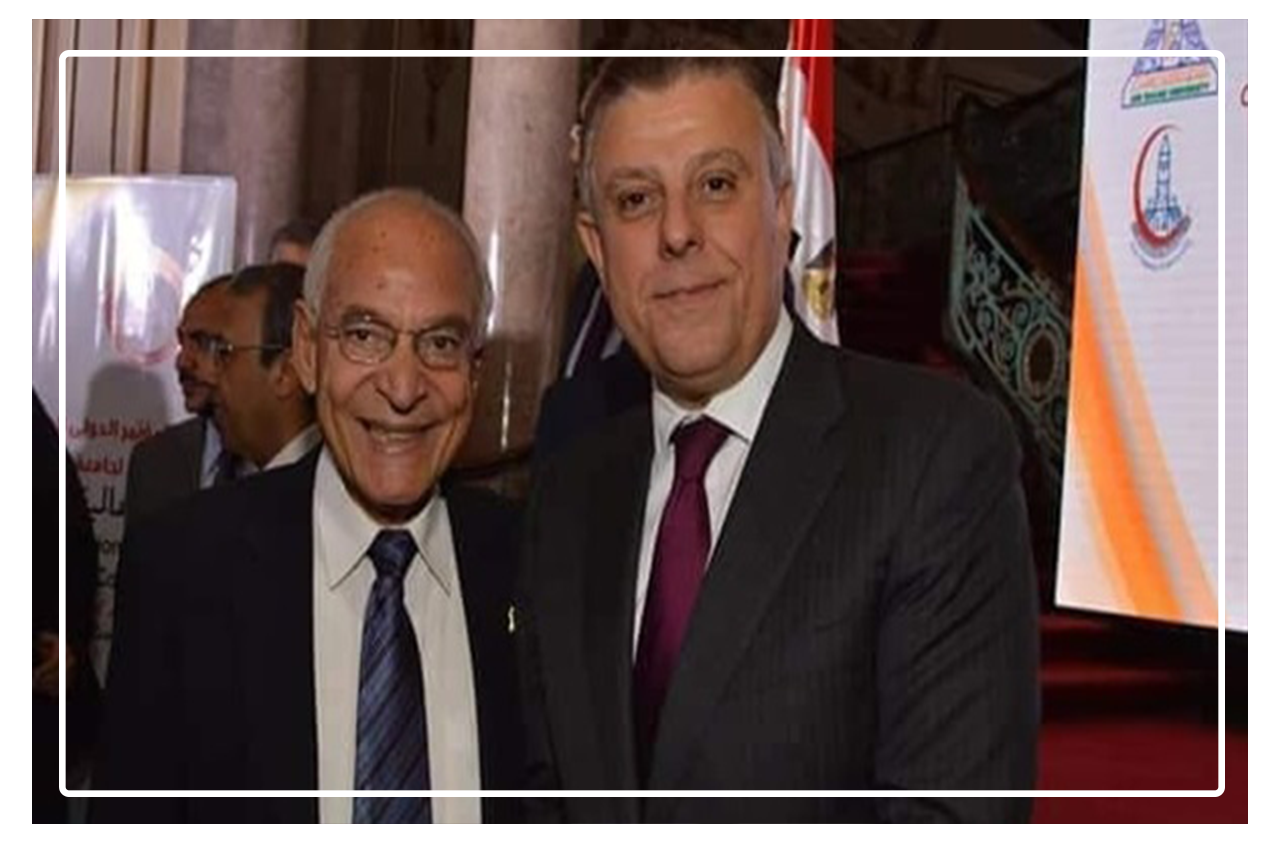
Positions
The Egyptian scientist Al-Baz held several positions, including the vice president of science and technology at the ITC Imaging Institute in Lexington, Massachusetts, and the director of the Center for Remote Sensing Applications at Boston University in the United States.
Since 1973, he joined the IITC in 1982. Dr. Al-Baz founded and managed the Center for Earth and Planetary Studies at the National Museum of Atmospheric and Space at the Smithsonian Institution in Washington, DC. He served as a scientific adviser to President Sadat in 1978-1981.
During the period from 1967 to 1972, Dr. Farouk El-Baz worked at the Bell Laboratories in Washington as the supervisor of Lunar Studies and Lunar Exploration, where he participated in the assessment of the NASA program for the moon's orbital flights, as well as his membership in scientific groups Apollo on the Moon.
Al-Baz also served as secretary of the Apollo landing board on the moon and was head of the astronaut training team in general science and moon imaging in particular. He was assigned to oversee the experiments of space observation in the Apollo-Soyuz joint space flight project in 1975.
He traveled between a number of universities and taught geology. He began his journey from Assiut, Egypt, from 1958 to 1960, and then Missouri in America from 1963 to 1964. He then went to Heidelberg, Germany, in 1973, he worked as head of cosmic observations and photography in the Apollo-soyuz project, which carried out the first Soviet-American mission in July 1975.
In 1986, he joined the University of Boston, where he worked at the Center for Remote Sensing using Space Technology in Geology and Geography. He developed the system of remote sensing in the discovery of some Egyptian monuments.
Apollo Program
During his tenure in the Apollo program, Dr. Farouk El-Baz took care to train astronauts to select suitable samples of moonstones and soil to bring them to Earth for analysis and study. Astronauts who worked with him admired Al-Baz.
Farouk al-Baz was also accompanying NASA members when they met with journalists to announce the results of the Apollo flights. His ability to simplify fine-grained scientific expressions in the media was 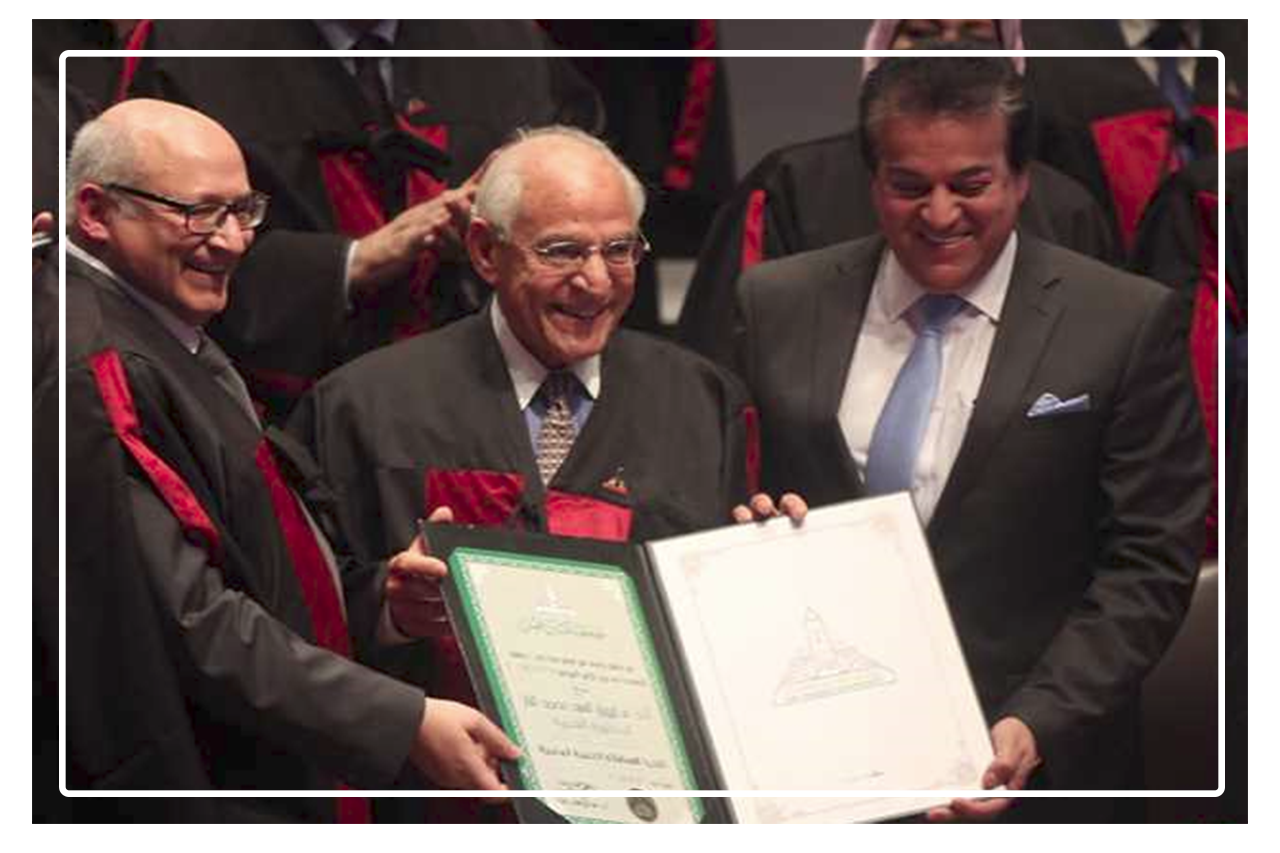 appreciated, and they often published some of his words.
appreciated, and they often published some of his words.
The Apollo 15 flight was characterized by numerous developments and improvements for the spacecraft and the lunar vehicle. Even the astronauts and all the NASA staff were concerned about the success of the journey. Dr. Al-Baz asked them to take Al-Fatihah with them to protect them, God be with them, and they were connected to anything they were happy about. Then, they return safely to Earth. Farouk al-Baz printed Al-Fatihah on a paper in his house, wrapped it in a plastic bag, and handed it to them.
"I remember the explanation of the moon's" king "- the name of Farouk, who is traveling at NASA - I feel as if I were here before," said astronaut Alfred Warden, astronaut of Apollo 15, when he was in orbit.
Astronaut of Apollo 15 mission, Alfred Worden say while in orbit around the moon, where he was driving the spacecraft, he said: "I remember explaining the" King "of the moon - the Farouk rolling name in the NASA - I feel as if I was here before!"
His works
Dr. Farouk El-Baz has 12 books including Apollo on the Moon, Desert and Dry Lands, Gulf War and Environment, Atlas of satellite images of Kuwait, and participates in the advisory board of several international scientific journals.
Al-Baz has written many articles, and many media reports have been published on his autobiography. He has reached 40 reports, including "Egyptian Stars in the Sky", "Pyramids to the Moon", "The Farmer on the Moon" and others.
Dr. Al-Baz's published scientific papers are more than 540 scientific papers, whether alone or with the participation of others. He also oversees many PhDs.
His posts
He was elected as an envoy to the TWAS in 1985 and became a member of its advisory board in 1997.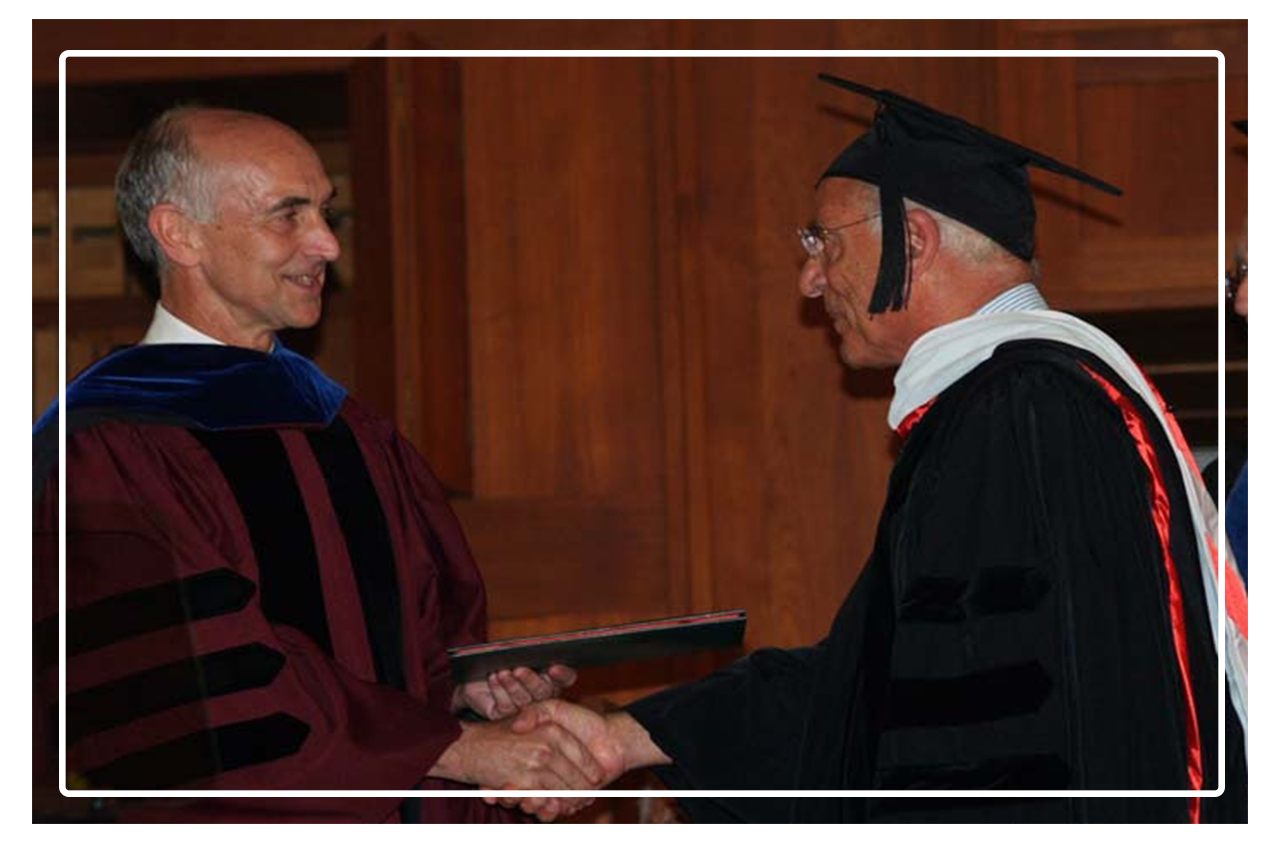
A member of the Council of Space Science and Technology.
A member of the International Center for Academic Physics of UNESCO.
An Envoy of the African Academy of Sciences
A Fellow of the Islamic Academy of Sciences of Pakistan, a founding member of the Arab Academy of Sciences in Lebanon and President of the Arab Society for Desert Research.
Al-Baz is a member of the Board of Trustees of the Geological Society of America, the Egyptian Center for Economic Studies and the Egyptian-American Relations Council.
Awards
The Egyptian scientist won nearly 31 awards, including the Apollo Achievement Award, the Distinguished Science Medal, the NASA Team Training Award, the Lunar Science Team Award, the American Apollo Project Team Award, the First Class Merit Award from President Anwar Sadat, The Golden Gate Award from the International Institute of Boston, the distinguished son of Dakahlia and has been named his primary school by his name.
The Geological Society of America has established an annual prize called the Farouk El-Baz Desert Research Award.
Farouk El-Baz has received many scientific awards from America and from universities and scientific bodies around the world, including the Egyptian First Class discretionary Award from President Mohamed Anwar Sadat, and the award of scientific and technological excellence from NASA.
El-Baz in Ain Shams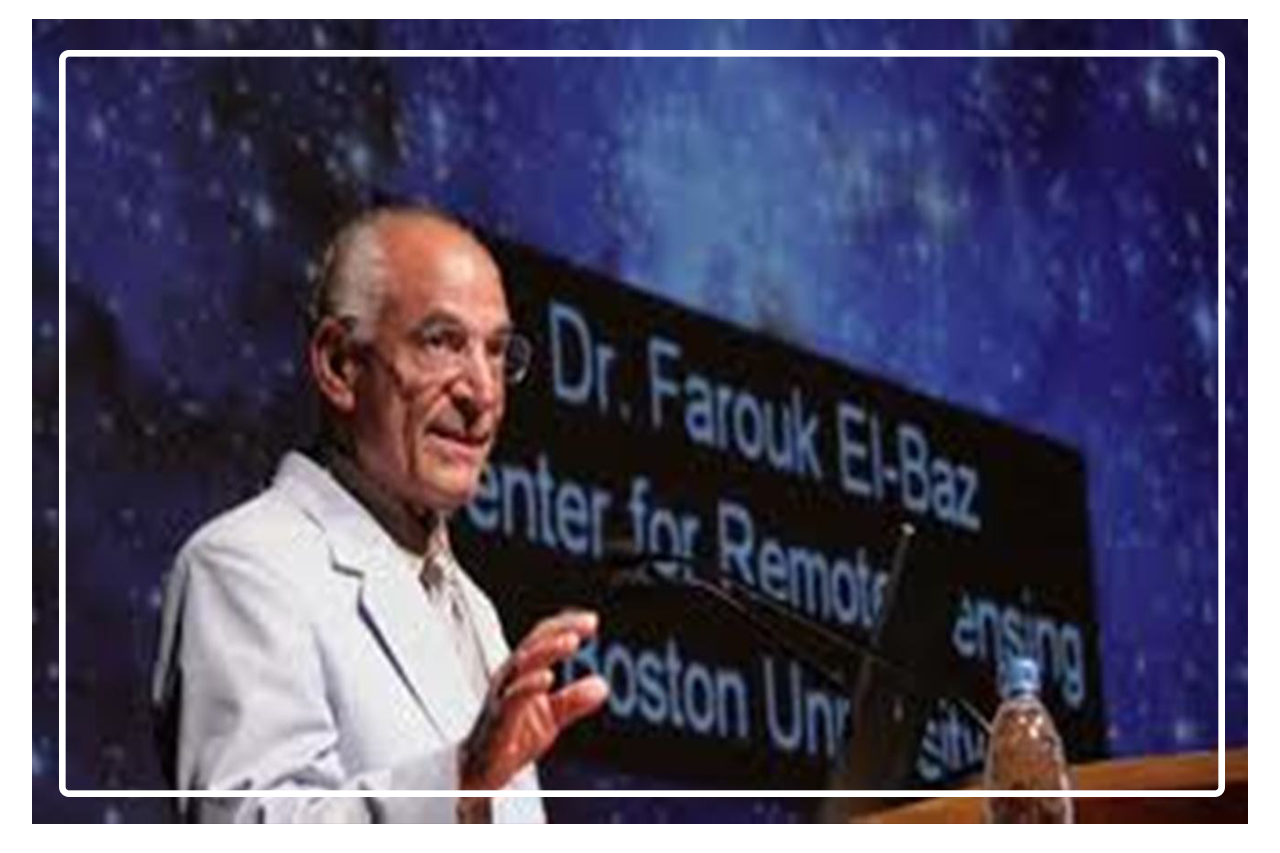
It is worth mentioning that Ain Shams University will host the space scientist Dr. Farouk El-Baz to deliver the inaugural lecture of the 7th International University Conference entitled "The Role of Universities in Community Development" which will start on Monday, April 2.
During the opening ceremony, the University intends to award Dr. Farouk El-Baz an honorary doctorate in recognition of his active contributions in the field of space after the approval of the University Council.


.svg)
